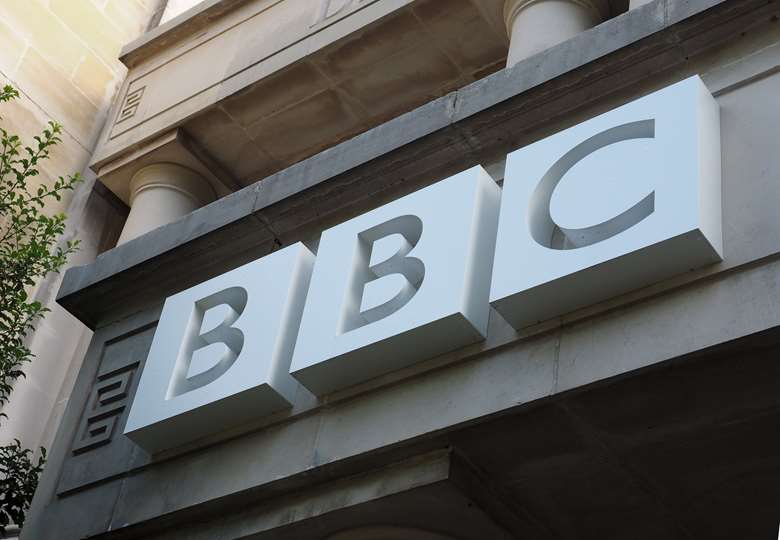BBC: Licensed to thrill?
Anne Templer
Thursday, April 14, 2022
Anne Templer writes in defence of a British cultural institution following proposals to abolish the license fee.


Register now to continue reading
Don’t miss out on our dedicated coverage of the classical music world. Register today to enjoy the following benefits:
- Unlimited access to news pages
- Free weekly email newsletter
- Free access to two subscriber-only articles per month